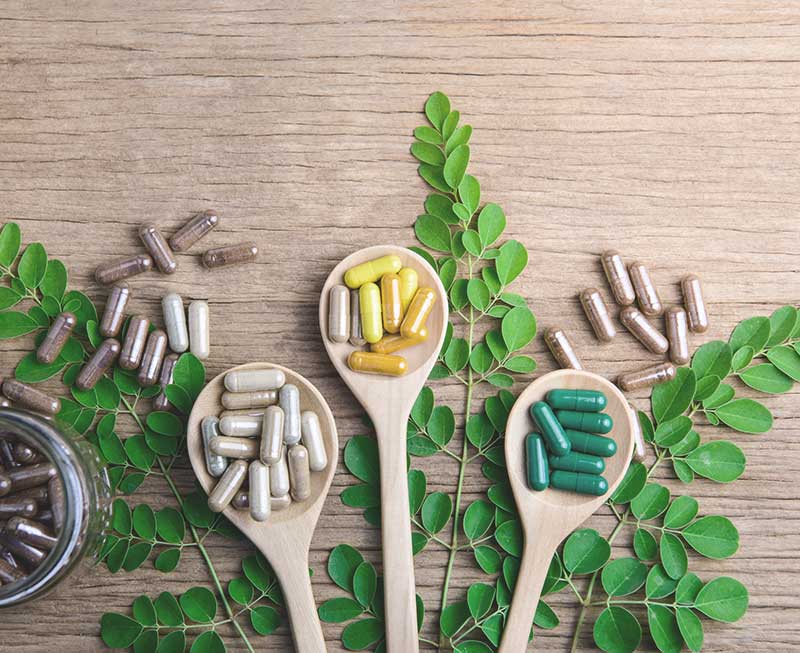Supplements medicine
Herbal supplements in the United States are considered as food by the FDA, and not drugs,
which means that they are not subjected to the same regulations and standards for testing,
manufacturing, and labeling as drugs. This has led some people to believe that herbal medicine
may not be safe to use. However, this is not entirely accurate. In fact, herbal medicine is widely
used globally, with an estimated 80% (4 billion) of people using it. As such, ensuring the safety
of herbs as medicine is a major concern for government, researchers, and academic institutes.
Numerous individuals work hard to conduct various research on the safety of herbs as
medicine. This research involves using animal models, lab tests, adverse event reporting
systems, and epidemiological research to rule out any unsafe herbs. For instance, aristolochic
acids (AAs), which are toxins commonly found in the plants of genus Aristolochia and Asarum
spread worldwide, have been associated with AA-induced nephropathy (AAN) and upper tract
urothelial carcinoma (UTUC) since the 1990s. Consequently, it has been banned worldwide.
Although herbal medicine is not well regulated in the US, it is well regulated in other countries.
Toxic herbs are either banned or well labeled in those countries to help consumers understand
the safety issues associated with using such products. Below is a list of some of the countries
and how they regulate herbal medicine.
Peoples of Republic of China:
In China, herbal medicines are regulated as "traditional Chinese medicines" (TCMs) under the
Chinese Pharmacopoeia. The State Administration for Market Regulation (SAMR) is responsible
for regulating TCMs in China. The SAMR evaluates the safety, efficacy, and quality of TCMs
through a registration process. Manufacturers of TCMs must submit applications to the SAMR
that include data on the safety, efficacy, and quality of the product.
The registration process includes a review of the manufacturing process, the product’s
ingredients and their quality, and the product’s stability and packaging. If the SAMR determines
that the product is safe and effective, it will be registered and given a Chinese Pharmacopoeia
monograph. Herbal medicines that are not registered as TCMs are considered to be
unapproved drugs, and their sale and distribution are prohibited.
Taiwan (Republic of China)
Herbal medicine in China and Taiwan share the same origin (in fact, Taiwan and Republic of
China were one country known the Republic of China before 1949. However, following the
National Party’s failure in the civil war in mainland China, they retreated to Taiwan Island while
retaining the name for the country. Meanwhile, the Communist Party took over the mainland and
renamed it the People’s Republic of China, although both names refer to the same geographic
area and each party claims sole legal authority over China).
In Taiwan, herbal medicines are regulated as ‘Chinese herbal medicines’ under the
Pharmaceutical Affairs Act. The Act defines Chinese herbal medicines as "medicinal
substances, products, and their preparations consisting mainly of plants or minerals, or animals,
or parts thereof, that are used to prevent, alleviate, or cure diseases or to adjust physiological
functions." The Taiwan Food and Drug Administration (TFDA) is responsible for regulating
Chinese herbal medicines in Taiwan. The TFDA evaluates the safety, efficacy, and quality of
Chinese herbal medicines through a registration process. Manufacturers of Chinese herbal
medicines must submit applications to the TFDA that include data on the safety, efficacy, and
quality of the product.
The registration process includes a review of the manufacturing process, the product’s
ingredients and their quality, and the product’;s stability and packaging. If the TFDA determines
that the product is safe and effective, it will be registered and given a monograph in the Taiwan
Herbal Pharmacopoeia (THP). Chinese herbal medicines that are not registered are considered
to be unapproved drugs, and their sale and distribution are prohibited.
Hong Kong
In Hong Kong, herbal medicines are regulated under the Chinese Medicine Ordinance (CMO).
The CMO defines Chinese medicines as "substances or preparations comprising one or more
Chinese herbal medicines, which are intended for use in the diagnosis, treatment, or prevention
of diseases." The Chinese Medicine Council of Hong Kong (CMCHK) is responsible for
regulating herbal medicines under the CMO. The CMCHK evaluates the safety, efficacy, and
quality of herbal medicines through a registration process. Manufacturers of herbal medicines
must submit applications to the CMCHK that include data on the safety, efficacy, and quality of
the product.
The registration process includes a review of the manufacturing process, the product’s
ingredients and their quality, and the product’s stability and packaging. If the CMCHK
determines that the product is safe and effective, it will be registered and given a Chinese
Pharmacopoeia (CP) monograph. Herbal medicines that are not registered as Chinese
medicines are considered to be unapproved drugs, and their sale and distribution are prohibited.
Japan:
In Japan, herbal medicines are regulated as "traditional medicines" under the Pharmaceutical
and Medical Devices Act. The Act defines traditional medicines as "medicinal substances or
products, including crude drugs, which have been used in Japan for a long time, have been
confirmed to be safe based on experience of use and scientific knowledge, and are not included
in the category of pharmaceuticals or medical devices."
The Ministry of Health, Labour and Welfare (MHLW) is responsible for regulating traditional
medicines in Japan. The MHLW evaluates the safety, efficacy, and quality of traditional
medicines through a registration process. Manufacturers of traditional medicines must submit
applications to the MHLW that include data on the safety, efficacy, and quality of the product.
The registration process includes a review of the manufacturing process, the product’s
ingredients and their quality, and the product’;s stability and packaging. If the MHLW determines
that the product is safe and effective, it will be registered and given a Japanese Pharmacopoeia
(JP) monograph. Herbal medicines that are not registered as traditional medicines are
considered to be unapproved drugs, and their sale and distribution are prohibited.
South Korea:
The Korea Food and Drug Administration (KFDA) is responsible for regulating traditional herbal
medicines in South Korea. The KFDA evaluates the safety, efficacy, and quality of traditional
herbal medicines through a registration process. Manufacturers of traditional herbal medicines
must submit applications to the KFDA that include data on the safety, efficacy, and quality of the
product.
The registration process includes a review of the manufacturing process, the product’s
ingredients and their quality, and the product’s stability and packaging. If the KFDA determines
that the product is safe and effective, it will be registered and given a Korean Pharmacopoeia
(KP) monograph. Herbal medicines that are not registered as traditional herbal medicines are
considered to be unapproved drugs, and their sale and distribution are prohibited.
Challenge to estimate safety of herbal medicine.
It’s important to keep in mind that the safety of herbal medicine depends on several factors,
including the nature of the herbs themselves, the purity of the herb products during
manufacturing, drug interactions between herb products and other medications, individual
allergies to herbal products, the dosage of herb products, and the duration of their use. Let’s
discuss each of these factors.
Nature of the herbs: Some herbs contain toxic compounds that can be harmful. For instance,
comfrey (Symphytum officinale) contains alkaloids that can cause liver damage, leading to liver
failure and cancer. Kava (Piper methysticum), which is used to treat anxiety and insomnia, can
also cause liver damage and has been linked to cases of liver failure.
Purity of the herb products: The quality of herb products varies widely. While some poor-quality
products may not be effective, adulterated products can pose safety hazards.
Drug interactions: Some herbs can interact with other medications, including blood thinners like
warfarin and aspirin. For example, Ginkgo biloba, which is often used to improve cognitive
function and memory, can increase the risk of bleeding when taken with blood thinners. Garlic
(Allium sativum), a popular herb used to reduce blood pressure and cholesterol levels, can also
increase the risk of bleeding when taken with anticoagulant medications.
Individual allergies to herbal products: We all have different physical and biological makeup,
which means we may have varying allergic responses to herb products. For example, some
people may be allergic to certain foods. Similarly, we may not know if we are allergic to herb
products until we consume them. It’s important to start with a small dose and monitor for any
allergic reactions.
Dosage of the herb products: Some herbs, like foxglove (Digitalis purpurea) and lobelia (Lobelia
inflata), can be toxic in large doses and even fatal. It’s crucial to follow the recommended
dosage when taking these herbs.
Duration of using herb products: Herbal products are typically used for a short period to treat a
particular condition. Long-term use of some herbs, such as ephedra sinica, which is used to
treat respiratory conditions, can cause cardiovascular damage, including high blood pressure,
heart palpitations, and heart attack. It’s important to use herbal products as directed and for the
recommended duration.



